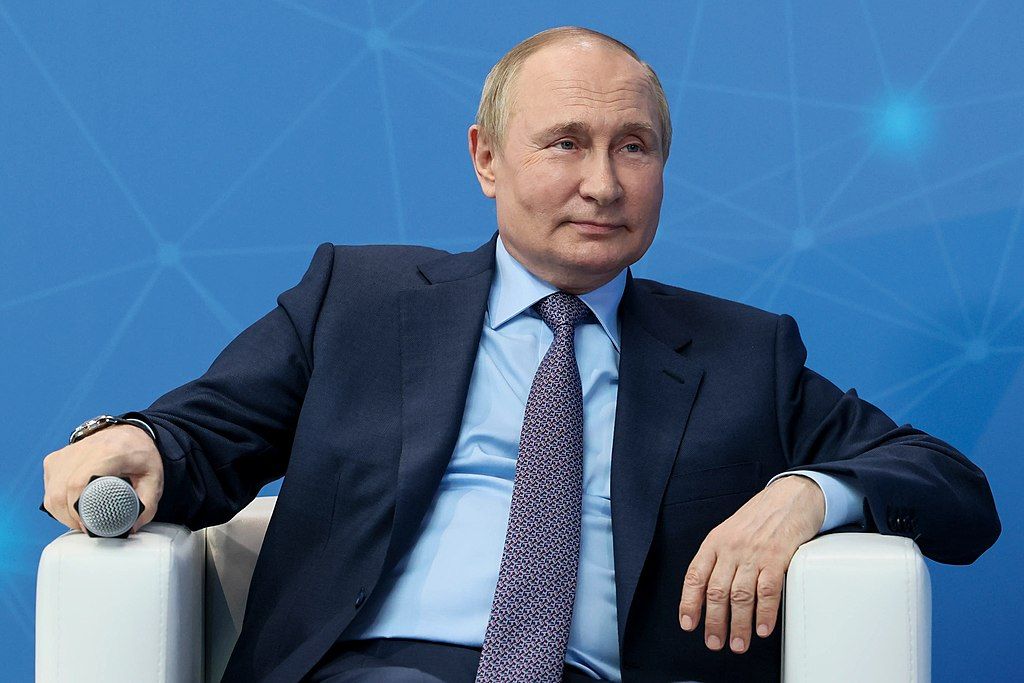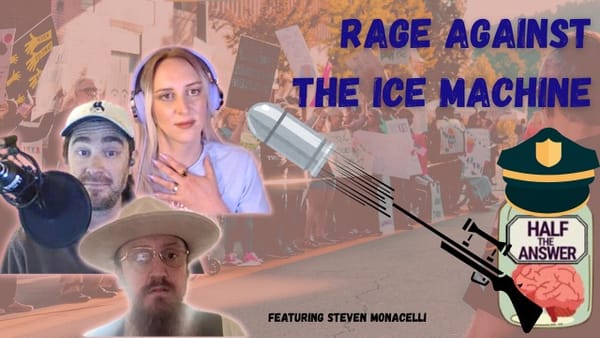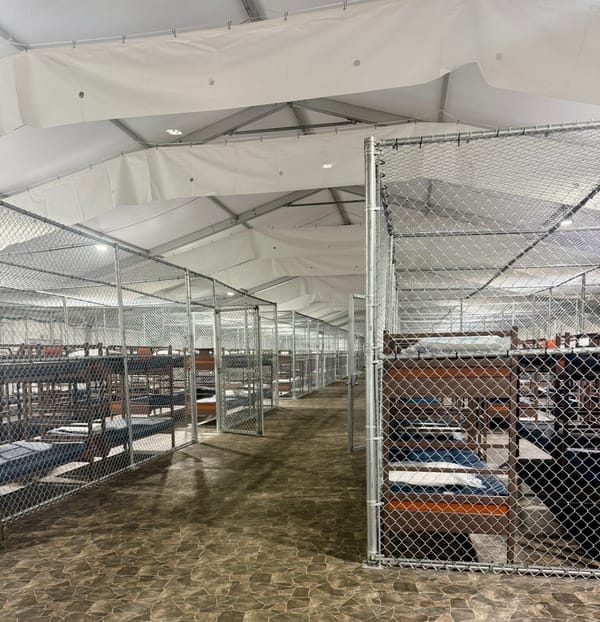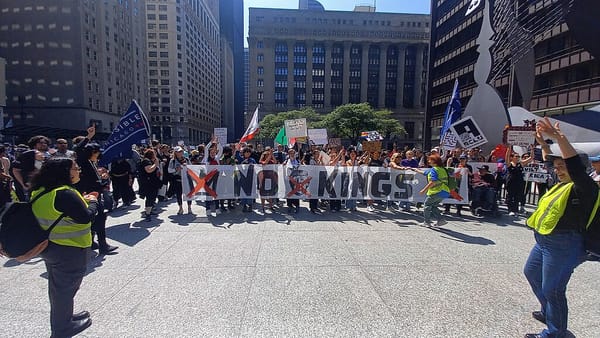Fascism and the Unlearned Lessons of the Twentieth Century
From Russia to China, from Azerbaijan to Israel and Palestine, fascist political projects are gaining strength.

The lessons of the twentieth century have not been learned. From Russia to China, from Azerbaijan to Israel and Palestine, fascist political projects are gaining strength. Vladimir Putin maunders about "Russkiy mir;" and already the casualties from the ongoing war in Ukraine are measured in the hundreds of thousands. In Baku they issue postage stamps depicting an exterminator "disinfecting" Nagorno-Karabakh; a hundred and twenty thousand Armenians have just fled those exterminators, and it is not clear that Azerbaijan intends to stop there. In Israel Ariel Kallner calls for a "second Nakba" while ostensible leftists cheer the slaughter of more than a thousand innocent people, even babies in their cribs, because "this is what decolonization looks like." And in Beijing Xi Jinping speaks about "the rejuvenation of the Chinese people"—with more than a million Uyghurs in camps, and his eye firmly fixed on Taiwan and its twenty-three million free people.
These are fascist political projects. I say that in full awareness of the weight of those words. These projects assume that ethnic homogeneity is the path to peace and prosperity. They assume that "ethnically correct" borders are the way to safety and security. Where fascism goes beyond simple conservatism is in its willingness to pay in blood for these goals. Revanchist, revisionist, irredentist, call it what you will: fascists intended to redraw the map with the sword in order to secure their vision of an ethnically pure and strong nation. This logic inexorably leads to the reorientation of their own civilian societies around the needs of war. For in pursuit of these ethnonational projects they are willing to countenance great suffering not just of others but of their own people. Putin feeds hundreds of thousands of Russians into his meat grinder. Netanyahu props up Hamas because undermining Palestinian statehood ranks higher than the safety of his own people. Xi suppresses domestic consumption in order to maintain the heavy industries he needs for war in the Taiwan Strait. But Russia must have its empire and Israel its Jewish character and China its place in the sun. Fascism is the idea that people exist for the sake of the nation, not the state for the sake of its people. Fascism is the project of slaughtering your way to glory.
These goals are all based on a zero-sum view of the world. Fascists view the world as composed of nations—peoples, in some nationalist-ethnic sense—that are always struggling against one another for a fixed pie of land, natural resources, and preeminent power. There is only so much to go around, and for us to have enough they must have less. It was this imperialist logic that led Fascist Italy into Africa, Nazi Germany into Eastern Europe, Imperial Japan into Southeast Asia—and to all the horrors that followed. A logic of limited resources and violent extraction.
It is no surprise that conservatives across the Western world have embraced these ideas. What is shocking is how many Western leftists have done the same. They too see a zero-sum world in which peace will only be achieved once "the wrong people" have been ethnically cleansed. They may dress it up in the language of liberation or decolonization, but these days you can hear the old chants of blut und boden echoing beneath. Meanwhile, old ecofascist rhetoric only barely cleaned up from The Population Bomb now circulates under the name of "degrowth." Too many on the left share the right's fundamentally zero-sum view of the world, differing only in who they want on top of the pile. "Decolonization is not a metaphor," you say—well, you will forgive me for taking you at your word.
Fascism in the twentieth century emerged at a time when it seemed that liberal democracy was collapsing under the weight of its own contradictions—when liberal democracy seemed to consist of nothing more than teetering colonial empires and economic catastrophe. The twenty-first century has seen nothing to equal the catastrophes of the Great Depression or the Congo Free State or the First World War. And yet in the twenty-first as in the twentieth, for many people around the world, it seems that liberal democracy has run out of steam. The century's first twenty years can hardly be claimed as great victories for liberal democracy. We have lived through the ravages of the Great Recession, seen ever-growing homeless encampments in our richest cities, police brutality against our citizens, border brutality against refugees, the steady erosion of our democratic rights and freedoms, the rich growing ever richer and the middle class ever more precarious—and meanwhile abroad a foreign policy of unaccountable torture, unaccountable murder, unaccountable occupation, on and on without end. It's understandable to believe that liberal democracy cannot deliver on its promises—that indeed these promises are nothing but smokescreens over the domination and exploitation underneath—that "prosperity" is just code for hard-fisted capitalists dominating and exploiting the 99%, "freedom" just a cover for drone strikes and Abu Ghraib, "democracy" just a facade over border camps and minority rule. Not "liberal democracy" but "late capitalism," the zero-sum truth showing through liberalism's lies.
And maybe you believe that. Perhaps you're on the right and you think the nature of the world is an irreconcilable Struggle between the Races. Perhaps you're on the left and you think the same thing, you just differ on which races you want to see on top. Either way, this essay is not for you. This essay is for those who still believe in liberalism—in the idea that bent the arc of history—that freedom, democracy, and prosperity for all is not a pipe dream but a fighting faith.
In the twenty-first century as in the twentieth, the only thing strong enough to stop this fascist tide is liberal democracy—a genuine liberal democracy that lives up to its own highest ideals of universal human dignity, equal rights, and shared prosperity. But for too long we have acted like we are living in the end of history, like all that's needed is a little tinkering around the edges, like all that's necessary is to build a retirement home for our own nostalgia. We need a liberalism that shakes the rust off: a liberalism that builds the future. We need a liberalism that builds a future of green technology and abundant housing. We need a liberalism that can reject unjust foreign adventures while standing for free nations defending themselves from tyranny. We need a liberalism that does not just restore the democratic rights and the rule of law that Republicans have worked so hard to tear down, but that goes further and goes forward: a new voting rights act, new states in Puerto Rico and Washington DC, reform of the Senate and the Electoral College, fundamental rights to bodily autonomy. We need a liberalism that welcomes immigrants from all across an increasingly unstable world.
The lessons of the twentieth century have not been learned. You cannot genocide your way to peace. You cannot conquer your way to prosperity. You cannot oppress your way to freedom. But the sun has not gone down yet. It is not 1933 yet. This time, we have a chance to make different choices. Let us, as liberals, be the proof that liberal democracy works—that pluralist, multiethnic liberal democracy works—that liberalism can create a world of not domination but mutual respect, not extraction but shared prosperity, not irreconcilable war but genuine peace. My neighbor's freedom is my freedom. My neighbor's prosperity is my prosperity. We must not retreat, not today, not ever, from those truths.
Featured Image is Vladimir Putin





